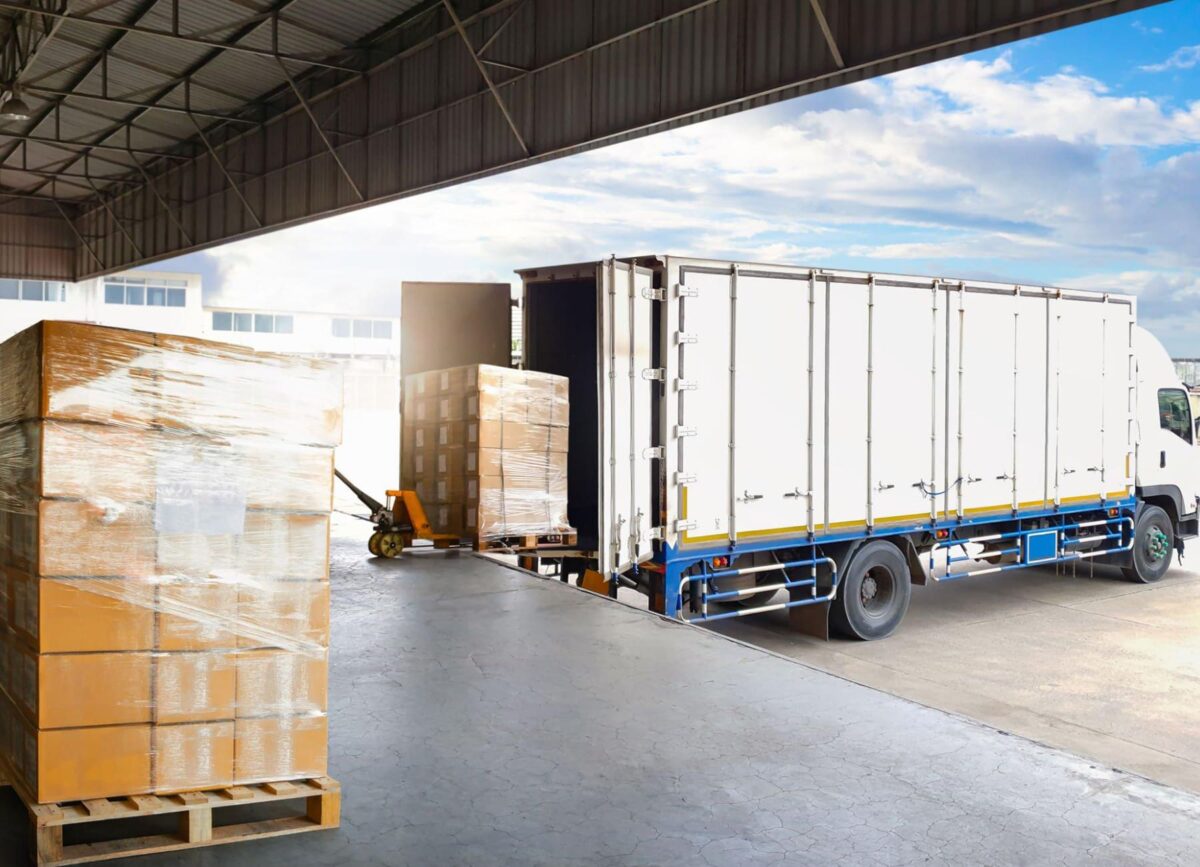The Rise of Autonomous Vehicles in Freight Transportation
June 15, 2023 Trucking
In recent years, the transportation industry has witnessed a significant transformation with the advent of autonomous vehicles. From self-driving cars to trucks, the rise of autonomous technology is reshaping the landscape of freight transportation. In this blog post, we will explore the impact of autonomous vehicles on the freight industry and delve into the potential benefits and challenges they bring.
-
The Promise of Autonomous Freight Transportation
The concept of autonomous vehicles in freight transportation holds great promise for the industry. By leveraging advanced technologies such as sensors, artificial intelligence (AI), and connectivity, autonomous vehicles offer the potential for improved efficiency and enhanced safety. These vehicles can navigate roads without human intervention, reducing the risk of accidents and optimizing transportation operations.
Autonomous technology brings advantages in terms of efficiency and productivity. Self-driving trucks can operate continuously without the need for mandatory rest periods. This leads to increased uptime and faster delivery times, ultimately benefiting both businesses and consumers. Additionally, autonomous vehicles can optimize routes and driving patterns through real-time data analysis, resulting in fuel savings and reduced emissions.
-
Enhanced Safety and Reduced Accidents
One of the primary benefits of autonomous vehicles in freight transportation is the potential for enhanced safety on the roads. Advanced sensors and AI algorithms enable these vehicles to detect and respond to their surroundings more effectively than human drivers. They can identify potential hazards, maintain safe distances from other vehicles, and react swiftly to changing road conditions.
Autonomous vehicles also address the issue of human error and fatigue-related incidents. Fatigue is a common factor contributing to accidents in long-haul trucking. By eliminating the need for human drivers to spend extended hours behind the wheel, autonomous technology minimizes the risk of fatigue-related accidents and improves overall road safety.
-
Increased Efficiency and Productivity
The introduction of autonomous vehicles in freight transportation has the potential to revolutionize the industry’s efficiency and productivity. With optimized routes and driving patterns, autonomous trucks can reduce delivery times and improve operational efficiency. Real-time data analysis allows for proactive fleet management, enabling companies to allocate resources more effectively and minimize downtime.
Moreover, autonomous vehicles are designed to operate with optimal fuel efficiency, leading to reduced emissions and a smaller environmental footprint. By embracing this technology, the freight industry can contribute to sustainability efforts and align with the growing demand for eco-friendly transportation solutions.
-
Potential Disruption and Job Market Implications
While the rise of autonomous vehicles brings numerous benefits, there are concerns about potential job displacement in the freight industry. As automation advances, some traditional driving roles may become obsolete. However, it is important to note that the adoption of autonomous technology will also create new job opportunities in areas such as vehicle maintenance, software development, and remote monitoring.
To mitigate potential job market disruptions, industry stakeholders must focus on upskilling and retraining programs. By investing in the education and training of current and future professionals, the freight industry can ensure a smooth transition to a more automated future and equip workers with the skills needed for the evolving job landscape.
-
Regulatory Challenges and Legal Framework
The widespread adoption of autonomous vehicles in freight transportation necessitates the establishment of robust regulatory frameworks. Policymakers need to address various legal and safety concerns associated with autonomous technology. This includes determining liability in the event of accidents, setting industry-wide safety standards, and defining guidelines for testing and validation processes.
Collaboration between industry stakeholders, policymakers, and regulatory bodies is crucial to develop comprehensive regulations that balance innovation and safety. A proactive approach to addressing these challenges will create a favorable environment for the integration of autonomous vehicles into the freight industry.



